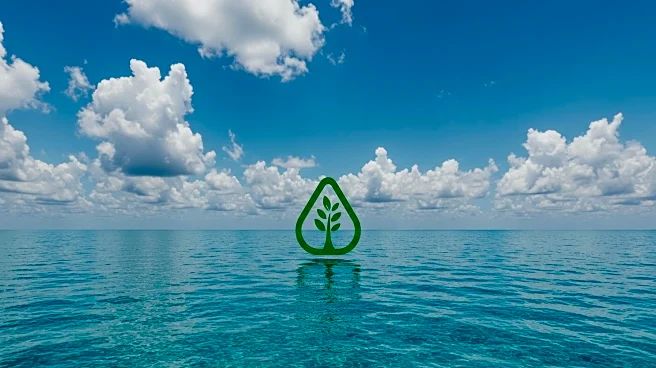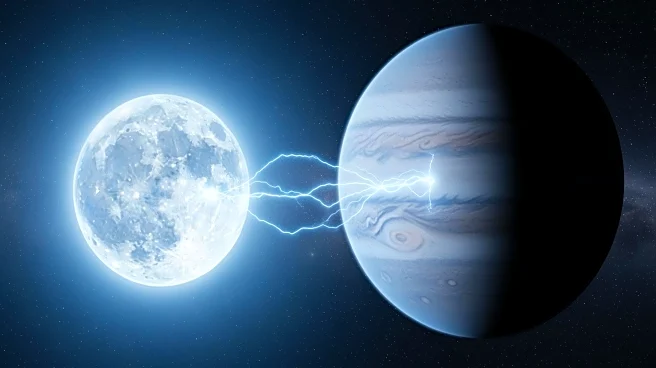What's Happening?
The Gulf of America has the potential to become a leader in offshore carbon capture and storage (CCS), contingent on regulatory action from Washington. Despite having the necessary geological and industrial infrastructure, the U.S. lacks the regulatory framework to advance CCS projects. The Infrastructure Investment and Jobs Act of 2021 authorized the Department of the Interior to oversee offshore carbon sequestration, but implementing regulations have yet to be issued. This delay hampers the U.S.'s ability to compete globally in CCS, as other regions like the North Sea and Southeast Asia move forward with commercial projects.
Why It's Important?
Offshore CCS represents a critical opportunity for the U.S. to reduce carbon emissions and enhance energy security. The Gulf of America offers ideal conditions for CCS, with proximity to major industrial hubs and a skilled workforce. Developing this capability could drive economic growth, create jobs, and position the U.S. as a leader in carbon management. However, without regulatory clarity, the U.S. risks falling behind in a rapidly evolving market, missing out on investment and technological leadership.
What's Next?
The Department of the Interior needs to finalize regulations to enable competitive leasing and permitting for offshore CCS. This regulatory framework should be durable, transparent, and flexible to accommodate technological advancements. Engaging industry stakeholders and state governments in the rule-making process is essential to ensure effective and future-proof regulations. Once established, these rules could unlock significant economic and environmental benefits, fostering innovation and investment in CCS projects.









